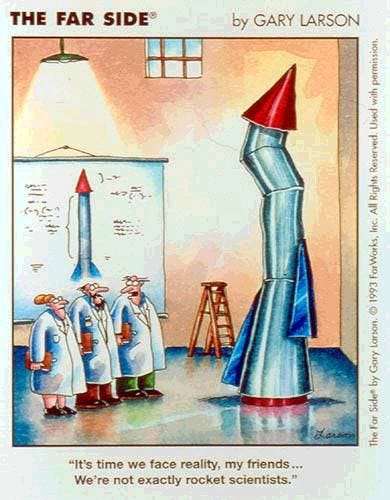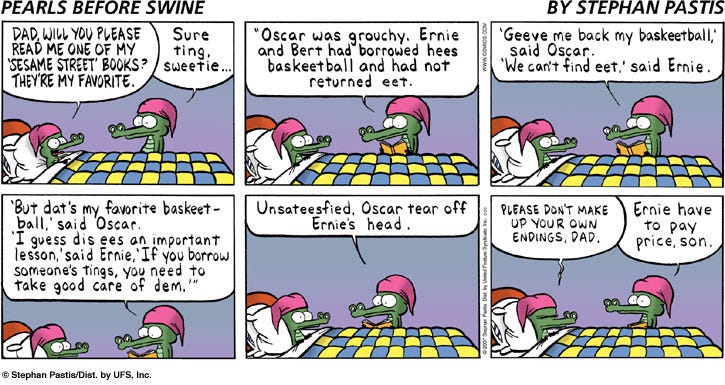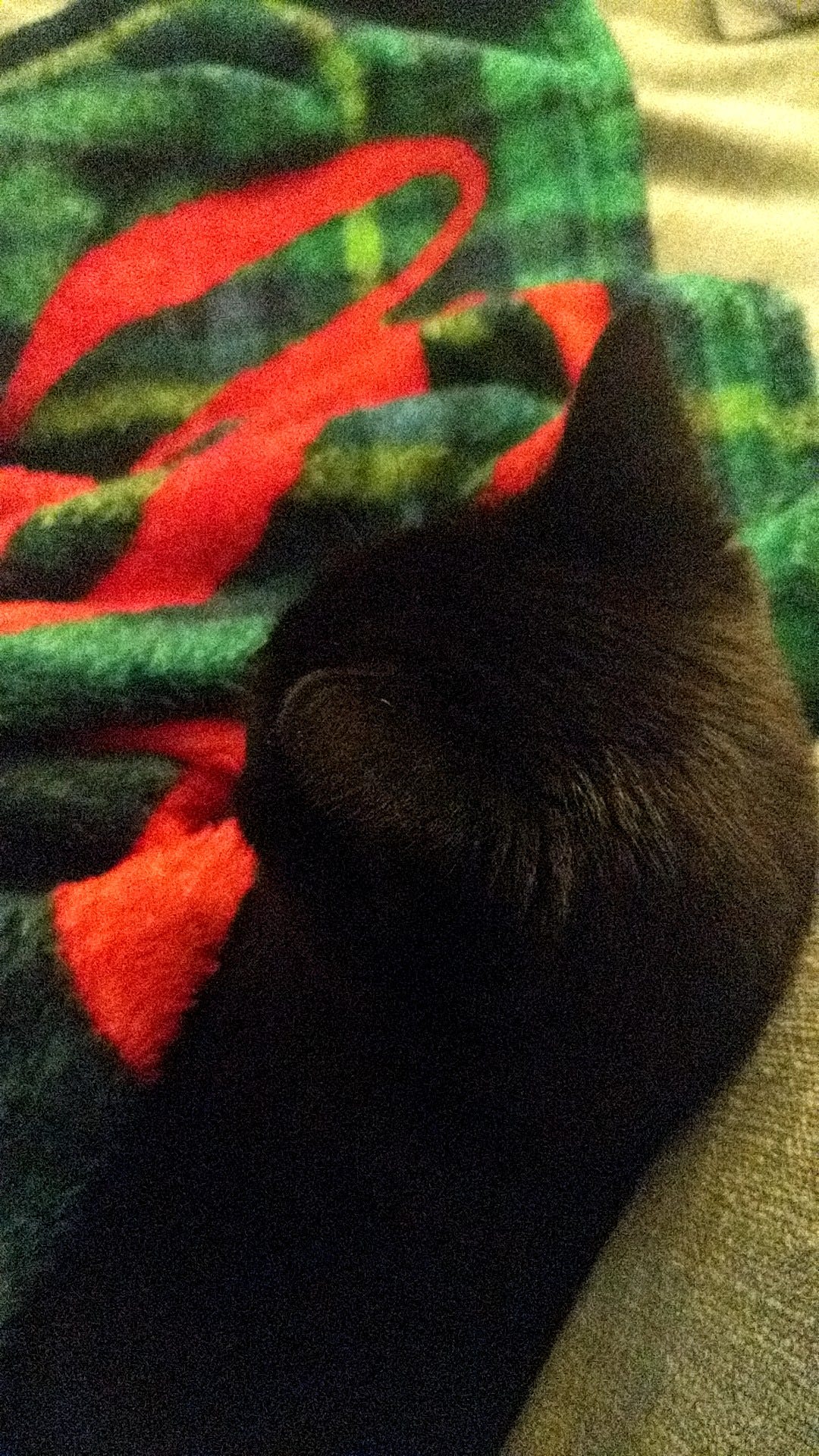Growing up, I knew two things that were “multi-purpose”: the subterranean room in my elementary school creatively named The Multi-Purpose Room, and my father’s swim trunks.
One morning, when I was in middle school, I came downstairs to the kitchen for breakfast and saw him wearing his swim trunks.
“Are you going swimming?” I asked.
He looked up from the Sunday paper. “No.”
Right, that made sense.
It turns out that my father had decided the swim trunks—which looked like burnt-khaki thighs with black anklets—were destined for greater things, and I was witness to their first transformation: pajamas. Specifically, a pajama set of the trunks and a tattered white v-neck.
Dressed in this ensemble, he would park himself at the kitchen table—which in its former life in the 1980s was all the rage at IKEA—and trap the Sunday paper under his elbows, then reheat his one-liner repertoire. (We both woke up early; my sister, maybe wise, slept in.)
“Sports fans,” he would mutter at something in the paper, fondly shaking his head.
In the context of the news, sports fans were usually politicians. But they more frequently appeared on the road, while he was driving; there, they were usually drivers with Maryland license plates. That my father was also a driver with a Maryland license plate went unmentioned. To be fair, he was a good driver, but then he was from New York.
By definition, sports fans were amateurs; they cut people off, but with shame. The next and only other tier was “screaming idiots”: road-ragers, cars with Bush-Cheney bumper stickers. (After George Bush won the 2000 election, my mother forced my father to change his party registration from Independent to Democrat.)
Sports fans paled in comparison to people “born on third base who think they’ve hit a triple.” He had a real love of this phrase. He used it liberally while intoning about investment bankers or rich kids or George Bush, ignoring his bowl of increasingly soggy cereal.
Eventually, the swim trunks expanded their reach. They took on athletic pursuits: biking shorts. I have vivid memories of my father whizzing away on his bicycle, off to do battle with hills and his weak ankles. He once twisted his ankle by tripping into his beloved flower patch. In hindsight, it is not surprising that I walk into doors and apologize.
My father loved these swim trunks, is what I’m saying. Unlike so many other things in his life, they had the potential for eternity.
Today, I don’t know if the swim trunks have leveled up into a new form, or if they’ve returned to their primordial, chlorine-intended form. One of the stranger aspects of estrangement (a word that captures, for me at least, the jarring dislocation that is no longer having a relationship with your family) is that I can’t verify where stories like these ended up. If they ended.
The story of the swink trunks exceeds what I sometimes can’t bear to admit: there were good times. In the moments, which are sometimes weeks, where I blame myself, I use the good times as evidence against my past: to discount everything that chokes the goodness into question.
Over the weekend, I rewatched Nanette, Hannah Gadsby’s 2018 stand-up special that calls comedy to task for how it requires comedians to transmute trauma into punchlines. Comedy, as Gadsby says, requires a beginning and a middle but no end, because the end, in most cases, would entail an update to the punchline—and who wants that, when the punchline lands so well? “Punchlines need trauma, because punchlines need tension and tension feeds trauma,” Gadsby explains.
Her mother features heavily in the special. (“She lives a comedy better than I can ever write,” Gadsby says.) When Gadsby came out to her, she responded, “That’s not something I need to know. I mean, what if I told you I was a murderer?”
It’s a great line, an even better punchline. But the ending isn’t:
Mum and I have a wonderful relationship now. More than mother and daughter, we’re friends, we trust each other. Look what I did to the room. No tension. You’re just going, ‘Good on you. Got a good relationship with your mum, have you? Can you go back to the tension? ‘
I wrote the first draft of this essay in the middle of a heatwave, during which I spent the weekend inside because I somehow fell out of the Victorian era and into this one, where it is no longer fashionable to be horizontal on a couch with a dramatic towel over your face.
In that draft, I didn’t write about being estranged from my family. I go back and forth over what I can write about, because I don’t want to invade the privacy of their past or, quite frankly, mine. And I want to be fair because I am grateful for where I am now, and I am able to be here because of who I used to be—had to be, with my family—and I want to stop denigrating her.
In the second draft, I became quite sad, which I have an unfortunate habit of doing in my writing. At times, I wonder if I’m just a truly sad person. Snap out of it! I jab at my brain. We’ve got the good drugs now! (If only PTSD would get the memo.)
I desperately tried not to be sad by throwing in a line from one of my favorite SNL skits, where a group of radically aggressive people audition to be SoulCycle instructors: I live life with no regrets. Abraham Lincoln died; it didn’t have to happen. Let’s ride! Honestly, it’s not a crap bit of life advice—bad stuff happened, sob sob, IT’S SPANDEX TIME!
Switching the tone of a story, without modifying any of its content, gives birth to new stories like fresh buds on a spring tree. There’s the sad version; there’s also the version where my father enacts his revenge on YMCA’s membership fee by letting his membership lapse; there’s the version where I do some boring thinking about trauma; then there’s the version where my sister sits on a plastic-slatted chair by a pool and I mistake that for being cool.
If there is any enduring truth—dare I say, wisdom—to the tale of my father’s swim trunks, it’s that no matter which way I hold it up to the light, I’m still holding onto it. I don’t want to let it go. I want it to keep teaching me things. I want it to push me forward, not so I can be at peace, but so I can keep changing.
Your Turn! What’s your small good thing of the week? (If it’s swim trunks, I swear…)
Let Me Tell You About Gidget
I woke up at 4:30 on Monday morning with a lightning migraine. Guess who stayed on the couch with me.
A Continual Note of Gratitude, Continued
This was written during the 8AM EST session of The Writers’ Hour, an online hourly Zoom writing session hosted by the London Writer’s Salon. LWS is an online writing community so lovely and supportive that reminds me why I love writing in the first place.




🧡🧡🧡 beautifully written, thank you for sharing.
A small good thing - your cat kneading on your lap. Or, kneading on your papers while you try and edit. Kneading.